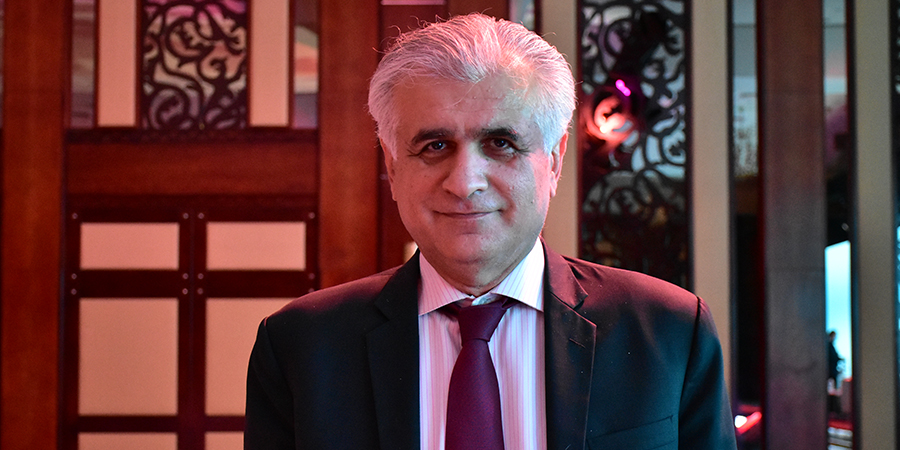On the sidelines of the GITEX 2021 event and the Huawei Innovation Day celebration, Telecom Review has spoken with Dr. Jassim Haji, president of the International Group of Artificial Intelligence (IGOAI). He shared his thoughts on AI-related topics such as the Internet of Behaviour (IoB) technology, anticipated change in the job landscape, and ethical issues.
By when do you think that the use of IoB technology can be mainstream globally?
We'll be using those data to look at behaviors. With AI now, you'll be able to look at the customer's details that will only come from data, possibly from social media. This is where you analyze the social media of your customers because your current data may not be sufficient to look at their directions and appetite.
With the availability of social media — a form of big data — you'll be able to have API services, free of cost. You can extract them, analyze them, and have the categories of both your existing customers and your competitors’ customers.
This technology will be touching sectors like telecoms and banking. At present, telecom companies have huge data with a huge team managing their data, but ineffectively. That's again done by the people. The patterns are overlooked between the customers’ data that you have and external factors.
What is your take on the anticipated high number of job losses caused by AI adoption?
There are indications in the next seven to eight years that we will lose over 850 million jobs. On the contrary, you will see new jobs being created. But what you will not see is the creation of the same routinary jobs.
To explain, about 50-60% of the company's workforce are coming from routine activities and sales from the backend and accounting will be replaced one way or another. Despite this, you will not see similar jobs, you will see jobs with new skills requirements and job descriptions.
What will happen is that you will see similar jumps revamping with the capabilities of AI. Just to give an example, if you're a reporter, maybe your job will be lost but another reporter with AI capabilities will come and take your place. Having said that, people who prepare themselves with the integration of AI in their jobs, are the people that will be able to flourish.
How do you address the ethical concerns associated with AI usage?
To cite an example, the British government's going to do that in 10 years’ time but they're preparing the rules and regulations in advance before letting the cars go. Five years after starting that, the number of drivers and driverless cars will be 50% each.
Related to the issue, 192 ethical institutions exist around the world, most are within North America and Europe. We don't have anything in the Middle East, Africa, or Asia. We cannot use other ethical values, because of different cultures. These will not be suitable for our environment.
Ethics is important, but one thing I disagree with some people who focus so much on ethics is that they forget the technology. There must be balance. AI transformation is coming and there is no stop to it. So whether there are ethical concerns or not, it will happen.










